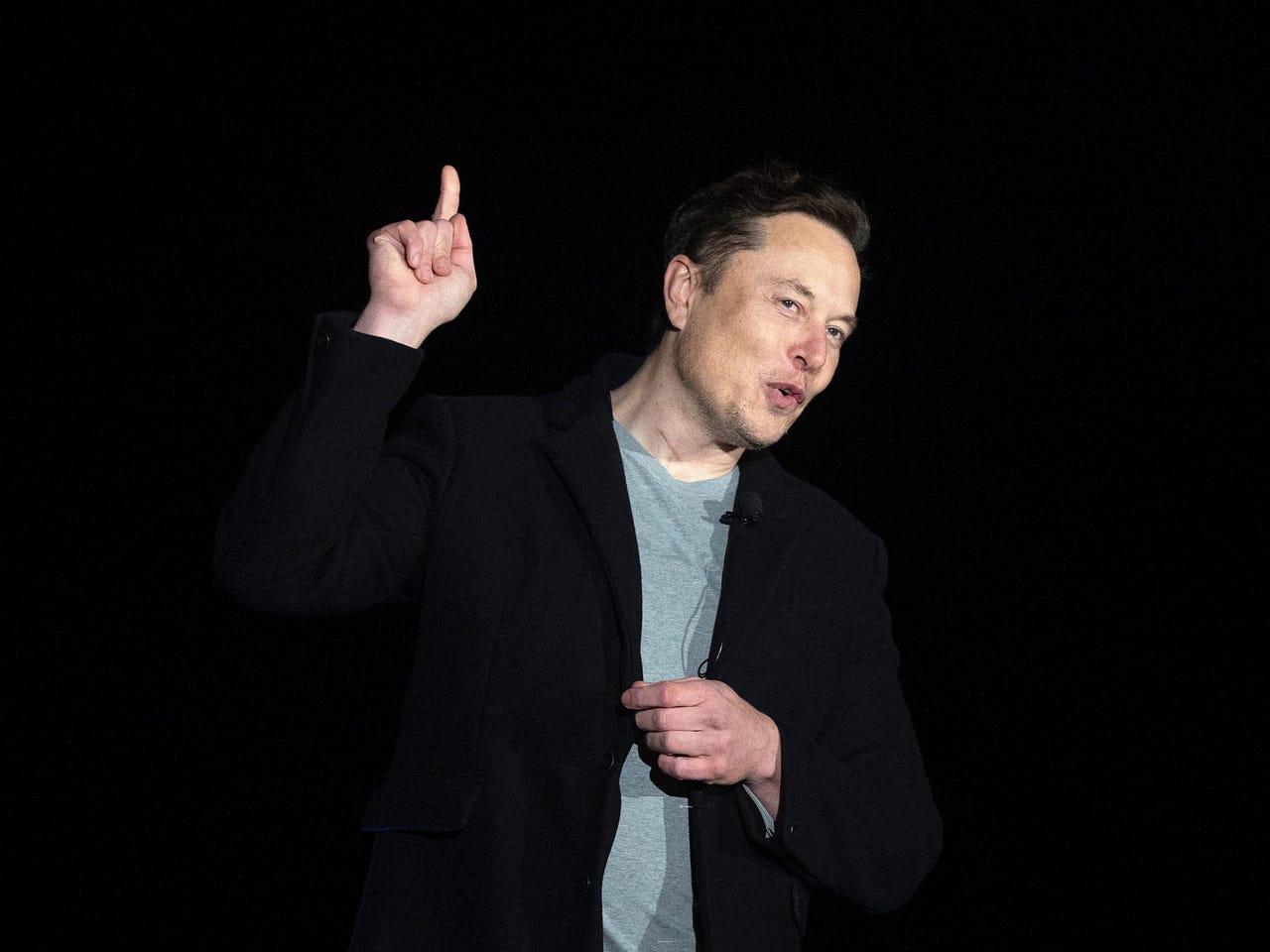Hey Elon, the media business isn't rocket science. It's harder


While Musk took the right approach in buying an established media brand, what's missing is a description of his new strategy for Twitter.
How well does Elon Musk understand the media business? His $44 billion proposed acquisition implies that he has a better plan for monetizing Twitter than the current management but that's unlikely given what he has said about his plans so far.
The multi-talented Musk has proven his leadership skills in building successful companies as head of Tesla, SpaceX, and as former head of PayPal. Those businesses were not media businesses and media businesses are in a different industry – a market that's declining in revenues and in quality.
The media industry business model continues to be in flux – there is no reliable, sustainable model based on advertising. It's been in a steady decline for two decades.
The ad industry has managed to disintermediate media publishers via technologies that can target consumers directly, almost anywhere on the Internet, repeatedly. There's no reason to pay high ad rates to target wealthy New York Times online readers when your ads can follow them wherever they go.
But those advertisers don't want their ads to appear next to controversial content, or fake news, or on scam websites. Twitter has tried to eliminate controversial content, and remove people from its platform and newsfeeds. And this has calmed some of the advertisers' concerns.
Musk, however, has been critical of Twitter's policies in banning certain content and controversial people. Under Musk ownership of Twitter we can expect a revision of such standards and the allowing of controversial content and personalities.
Advertisers won't be happy over such changes and there's likely to be an exodus. And Musk's version of free expression will likely not meet European Union regulations, which seek to stop publication of harmful content – and penalties can be severe.
Musk has the option of offering a paid subscription service that doesn't require support from advertisers and won't have to conform to their social and moral standards.
But that would create a far smaller-sized Twitter because it would likely become a place where extremist views are freely shared and thus less appealing to the majority of users.
While Musk needs to figure out a viable revenue strategy, he has chosen the right approach in not launching his own Twitter-like service. It would have taken him two or more years to build such a brand and with a high risk of failure. It's a much better strategy to acquire an established brand.
Jeff Bezos, co-founder of Amazon, chose a similar strategy in buying an established media brand, when he purchased the Washington Post in 2013 for $250 million.
In the same year, fellow billionaire Pierre Omidyar, co-founder of eBay, launched his media venture First Look Media – a fresh new business. Omidyar's strategy was to launch well-known journalists in their own online media ventures. The journalists would come with a ready-made audience and therefore there should be no need to pay a premium for an already established media business.
It did not work out that way for First Look Media, which suffered greatly from not knowing how to build a media venture from scratch. There is a description of its disastrous history here on Wikipedia.
While Musk took the right approach in buying an established media brand, what's missing is a description of his new strategy for Twitter. So far, Twitter employees have not been told of any changes associated with the acquisition beyond that they should continue as normal since it will likely be about six months for the deal to be completed.
With Twitter as a private company, Musk's management team will have an advantage in that it will be able to plan for longer-term revenue goals since it won't be tied to the quarterly financial reports cycle of a public company.
Wall Street scrutiny of publicly traded companies affects their share price, which acts as a control on what management can do, forcing a short-term focus on the business. Privacy will give Twitter's management greater freedom and also shield it from having to reveal key metrics.
Free speech has never been free of serious social responsibilities – it's something that Twitter has struggled to learn – and it's a lesson that Musk will also need.